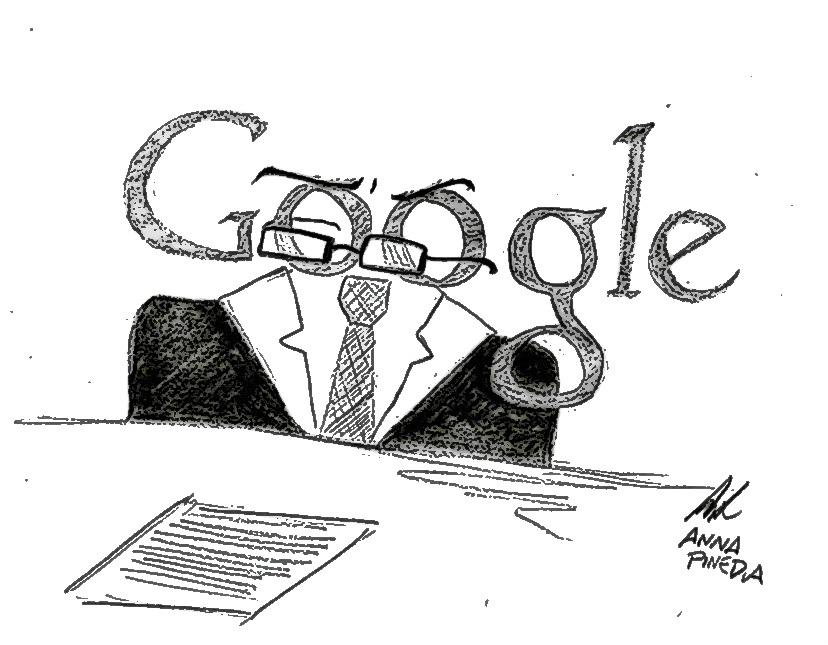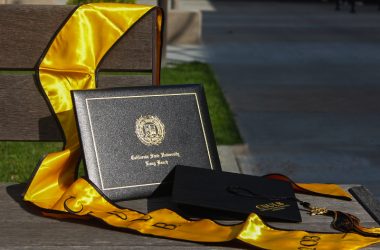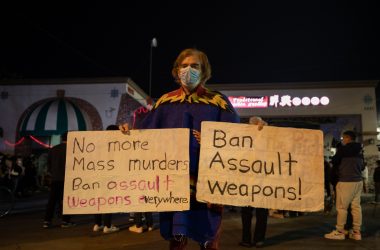As journalists, we oppose censorship and any infringement of the First Amendment right to freedom of speech. But when that same free speech is used as a tool for inciting international violent protests, we become skeptical.
In July 2012, the YouTube video “The Innocence of Muslims” made headlines for sparking such a controversy.
ABC News reported that the film was “written, produced and directed by a convicted drug manufacturer and scam artist, who has told authorities he actually wrote the script in federal prison and began production two months after his June 2011 release from custody.” After attempting to find the man behind the film, it was revealed that Nakoula Basseley Nakoula was the writer and producer of the controversial film.
The anti-Islamic film was widely reported to have sparked violence and protests in the Arab world, including but not limited to death threats against those who were featured in specific excerpts.
CNN reported that protests over a 14-minute trailer of the film, which “mocks the Prophet Mohammed as a womanizer, child molester and killer,” spread from Pakistan.
The New York Times reported anti-west and anti-U.S. protests arising because of the film. Business Insider reported that fatwas, decrees issued by Islamic clerics, were issued by Hezbollah against the producer and actors in the film.
However, some actors in the film said they didn’t know what direction the film was going to take. One actress, Anna Gurji, wrote a letter that was published on the Huffington Post in which she explains that she did not know the film was going to be made into an anti-Islamic film and that the anti-Islamic language was dubbed in Arabic during postproduction.
Another actress, Cindy Lee Garcia, said that she was under the impression that it would be an adventure film, called “Desert Warrior,” and had no idea that the film would become anti-Islamic slander, according to Daily News America.
Following the release of the trailer, Garcia received several threats of physical violence and death, which prompted her to file a case to have the video removed.
The LA Times reported on her case on Saturday stating that, “An actress in the trailer, Cindy Lee Garcia, persuaded the U.S. 9th Circuit Court of Appeals to force YouTube to take down all copies of the film from its site, and bar any duplicates from being uploaded.”
On Feb. 26, YouTube was ordered to remove the video from its website by a 2-1 majority vote.
Google, which owns YouTube, is appealing the decision so the video can be restored, but in the meantime the “Innocence of Muslims” trailer is no longer available on the website.
Prior to the court’s ruling, the video had already been removed by Google in certain countries, such as Egypt, Libya and Pakistan, due to protests and censorship laws. But is restricting the video in the United States a violation of the First Amendment?
Is forcing Google to take down the video a form of censorship or the denial of Google’s right to free speech?
We feel that although we may not fully understand the complex legality of the situation, the removal of the video seeks to serve a greater purpose of protecting the lives of those whose images were unfairly utilized.
Freedom of speech is a sticky situation, but when lies and illegitimate contracts come to play, it is no longer a First Amendment issue.




